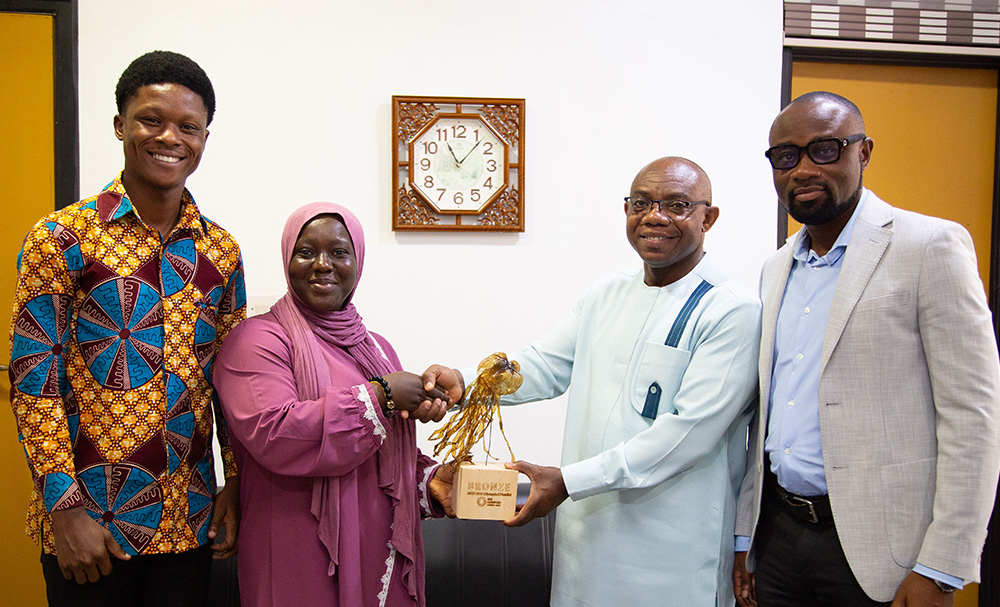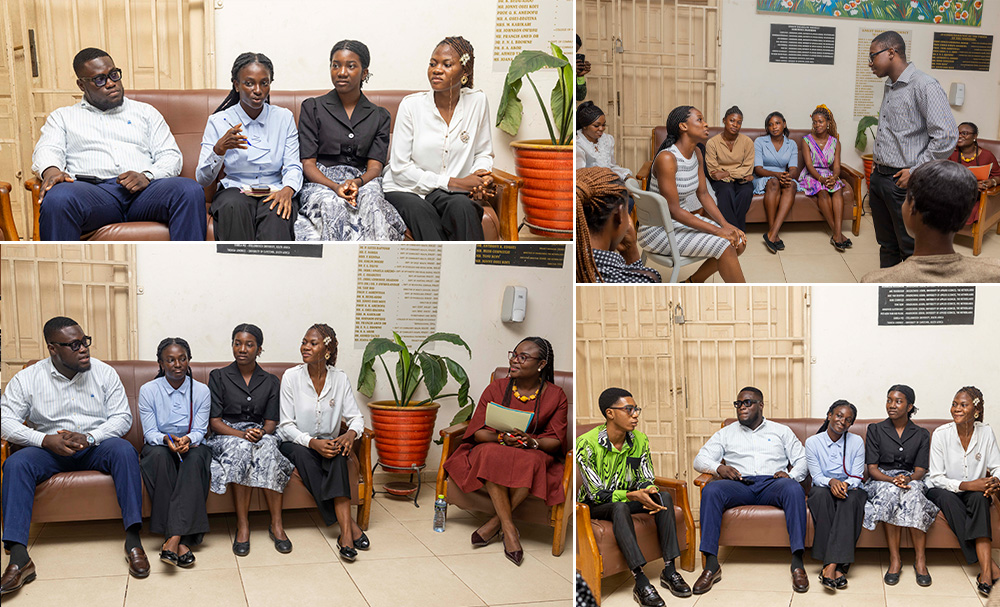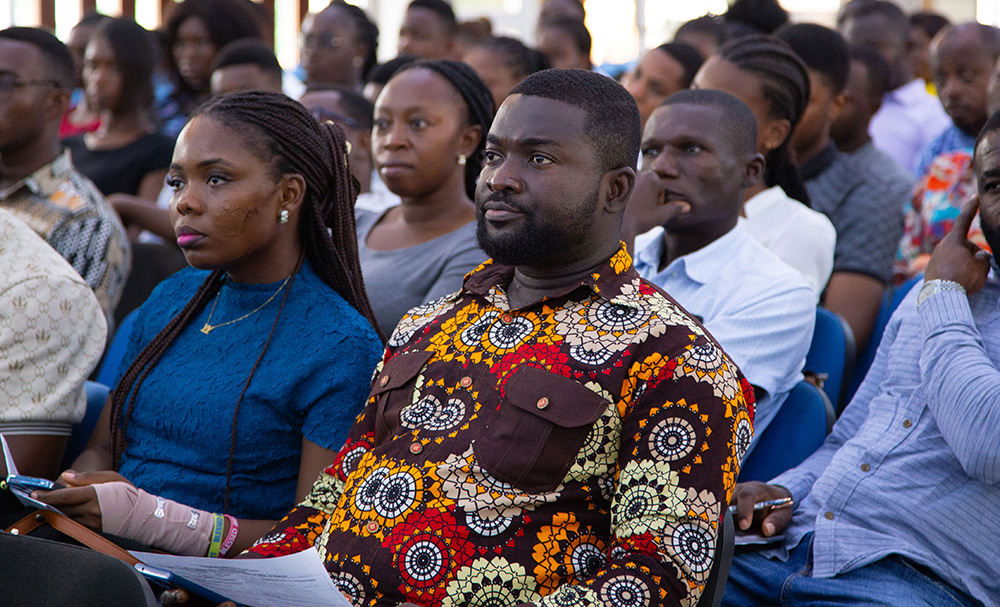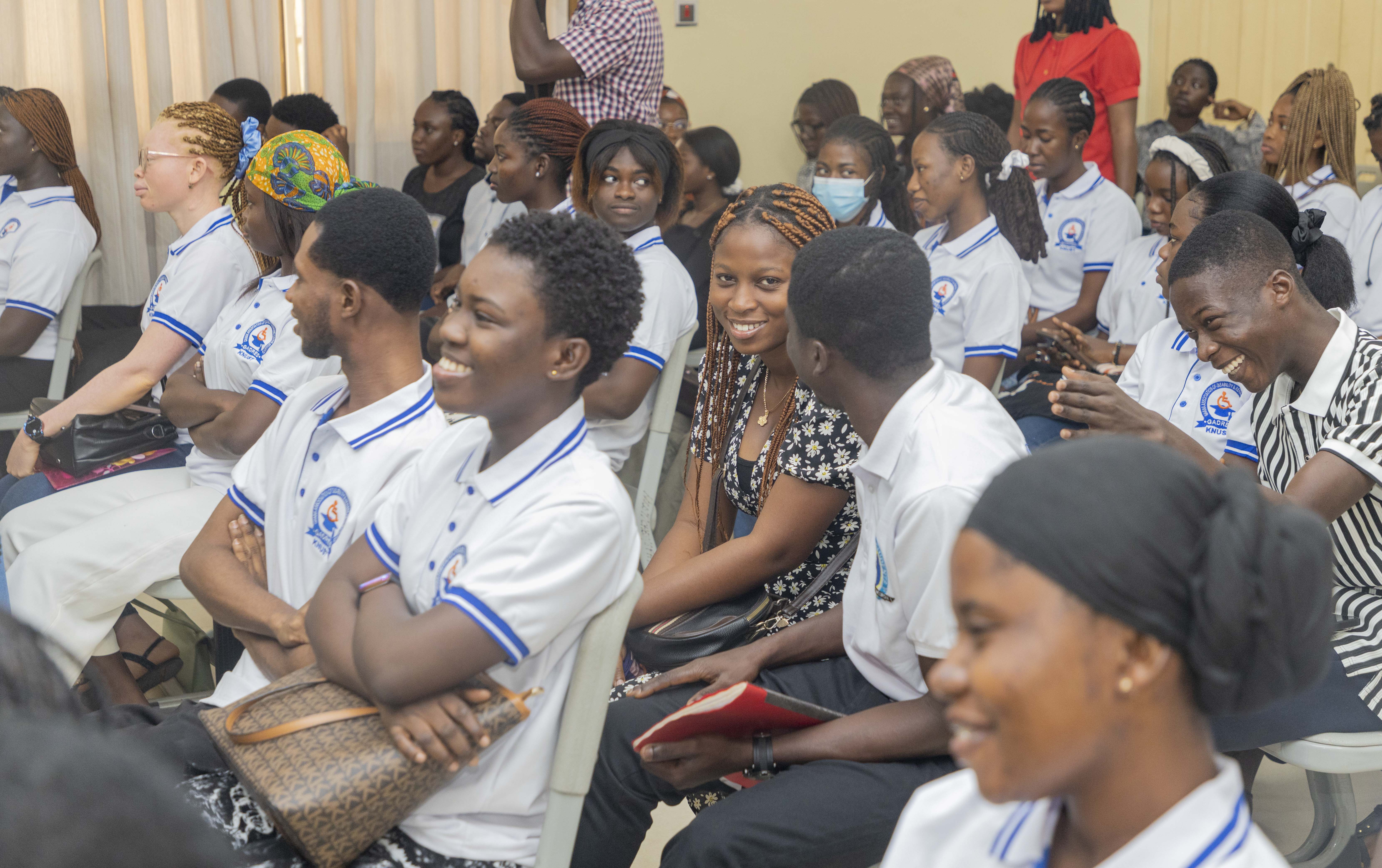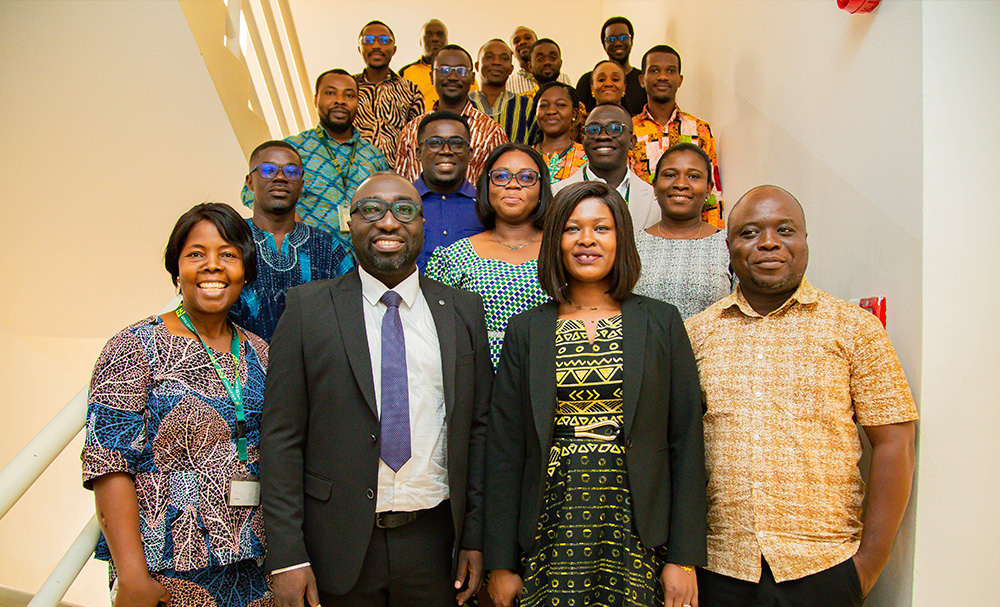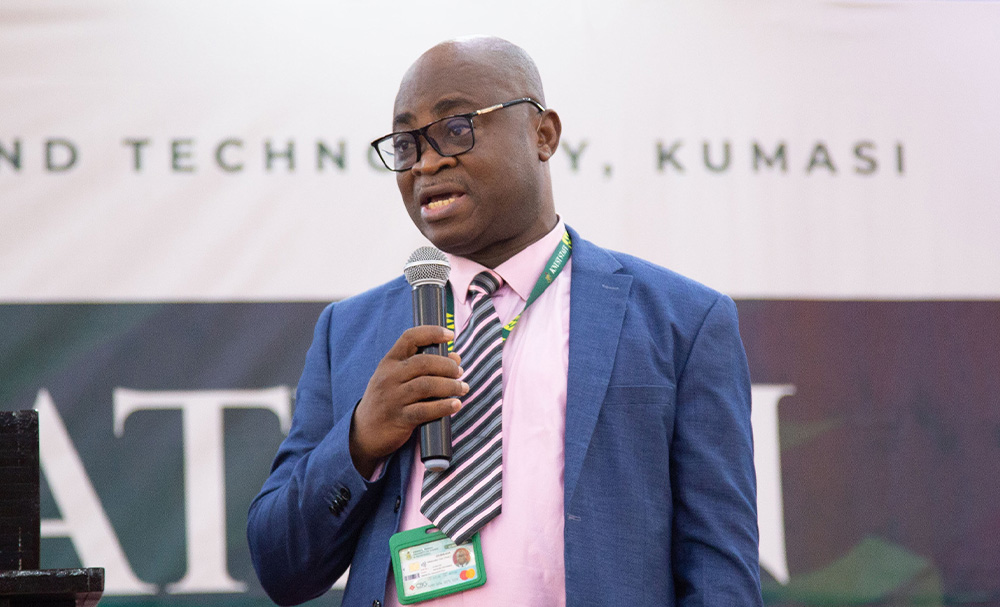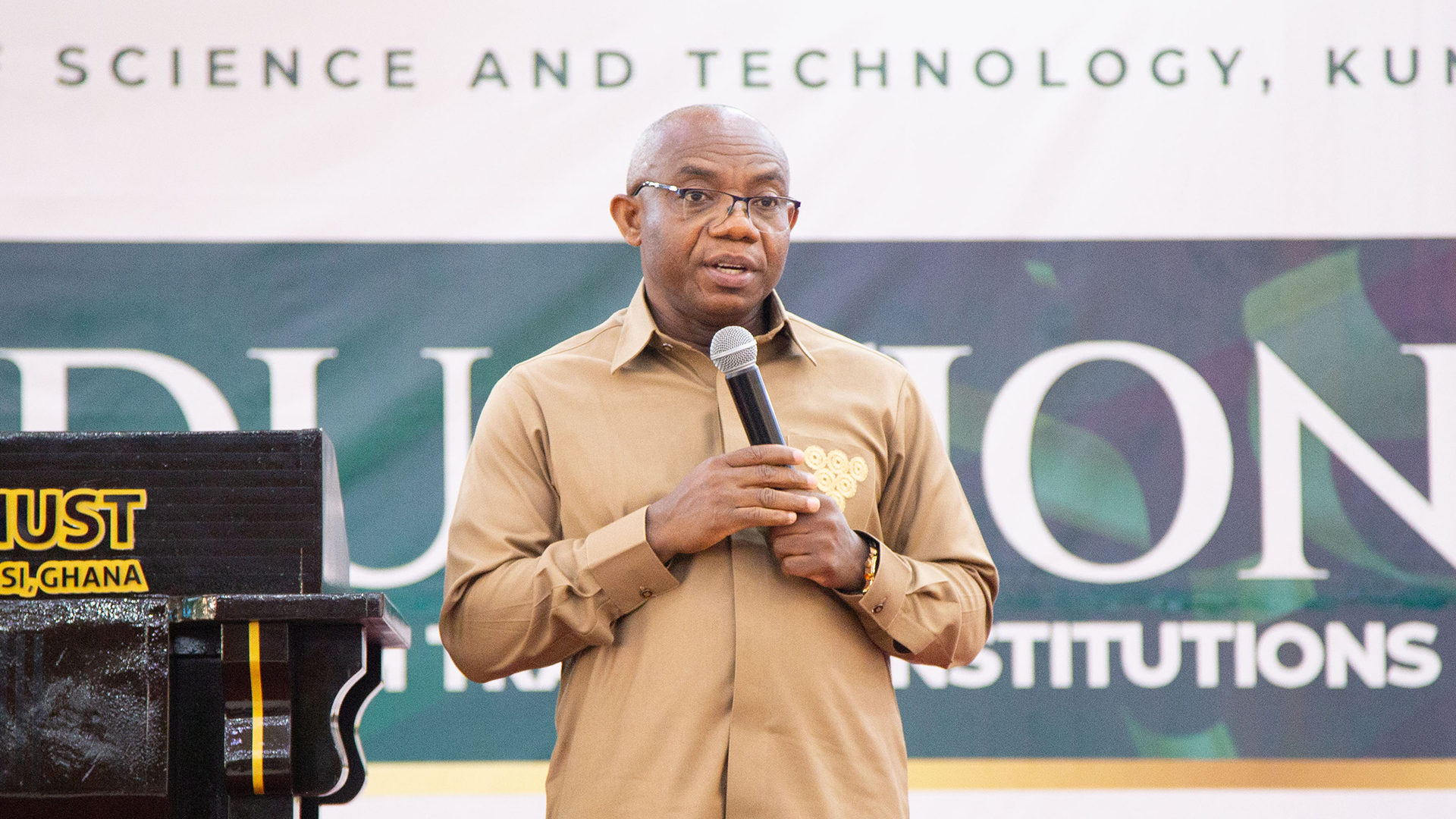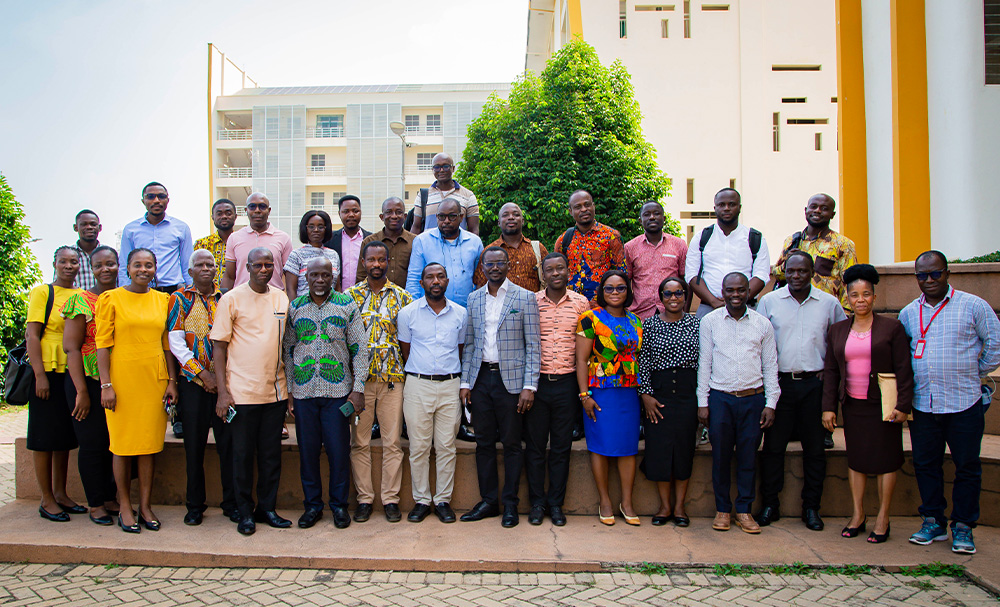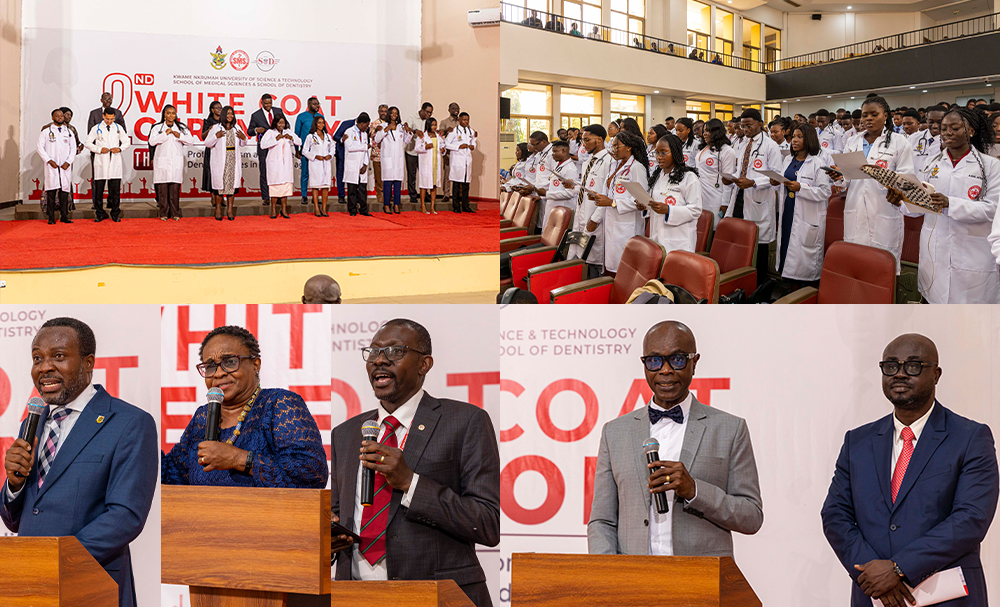FPPS organises Orientation Programme for Fresh Postgraduate Students
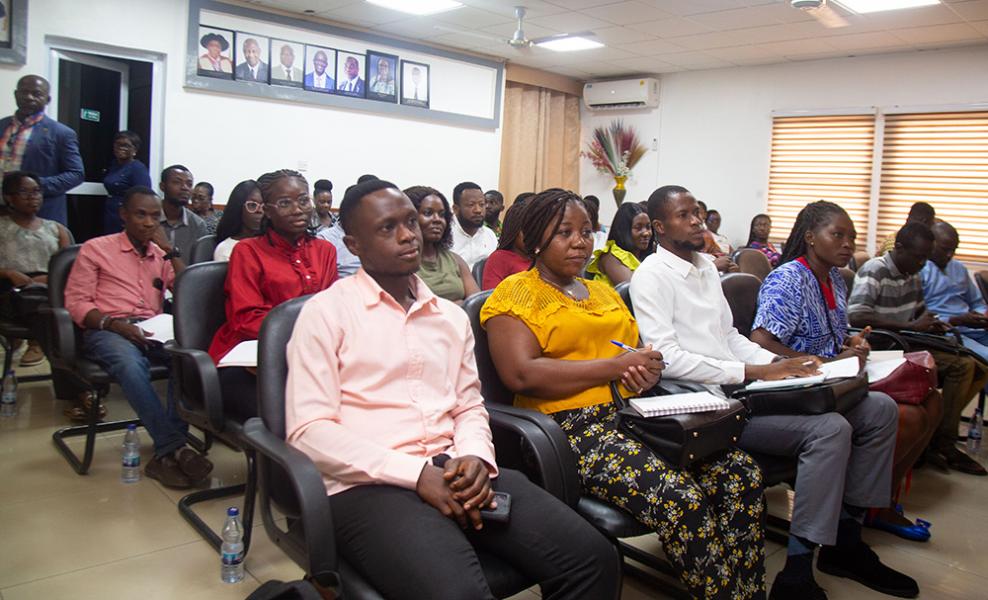
The Faculty of Pharmacy and Pharmaceutical Sciences (FPPS), KNUST, successfully held its 2025 Orientation Programme for Fresh Postgraduate Students on Thursday, 20th February 2025, at the Faculty Conference Room. The event aimed to introduce new graduate students to academic expectations, research ethics, time management, and essential skills required for postgraduate success. The programme featured insightful presentations from distinguished faculty members, providing students with guidance on how to navigate their academic journey effectively.
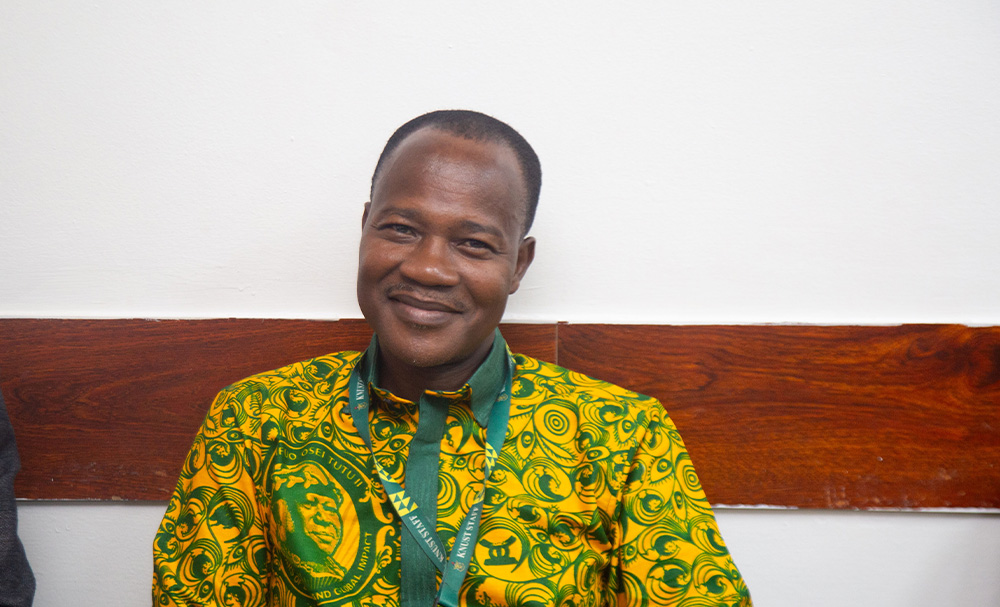
The event began with an opening prayer, followed by a welcome address from the Dean, Professor Samuel Asare-Nkansah. In his address, Prof. Asare-Nkansah reaffirmed the faculty’s commitment to high academic standards and urged students to reflect on their academic goals. He emphasized that postgraduate education is not merely about obtaining a qualification but about acquiring competencies and practical skills. He reminded students that challenges along the way are part of the learning process, stating, “A journey that is smooth never makes you skillful. It is the pitfalls that make you successful—that is why it’s a Master’s (Programme). This is not a jolly ride. It is about skill acquisition plus a certificate”. He encouraged students to take ownership of their learning by dedicating time to self-tuition and focusing on competency-building rather than just meeting academic requirements.
Following the Dean’s address, Prof. Eric Boakye-Gyasi provided an overview of graduate school policies and student expectations. He emphasized that trust is an essential element in research and advised students to actively participate in all aspects of their academic journey, including coursework, research, and faculty engagements.
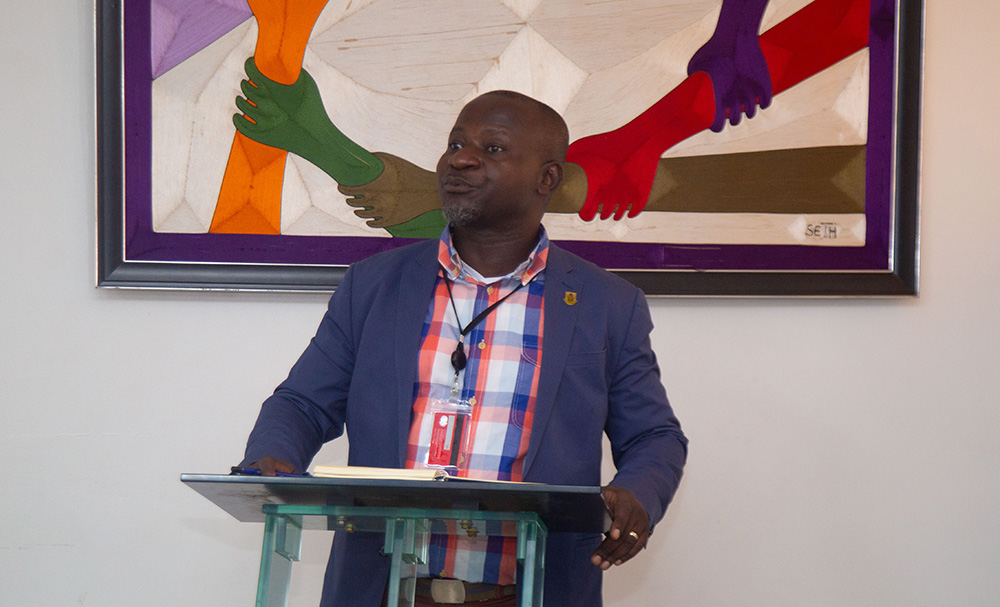
The session on Research Ethics, led by Prof. Priscilla Kolibea Mante, focused on the importance of distinguishing between right and wrong in research. She emphasised the importance of research ethics, highlighting its role in ensuring fairness, integrity, and respect for human and animal subjects. She discussed historical ethical violations, such as the Nuremberg Trials and the Tuskegee Syphilis Study, which led to key ethical frameworks like the Belmont Report. She outlined its three guiding principles—Respect for Persons, Beneficence, and Justice—and stressed the role of Institutional Review Boards (IRBs) in safeguarding ethical research. Addressing research misconduct such as plagiarism and data falsification, she urged students to uphold ethical integrity, emphasising that ethics is not just a requirement but a fundamental responsibility in scientific research.
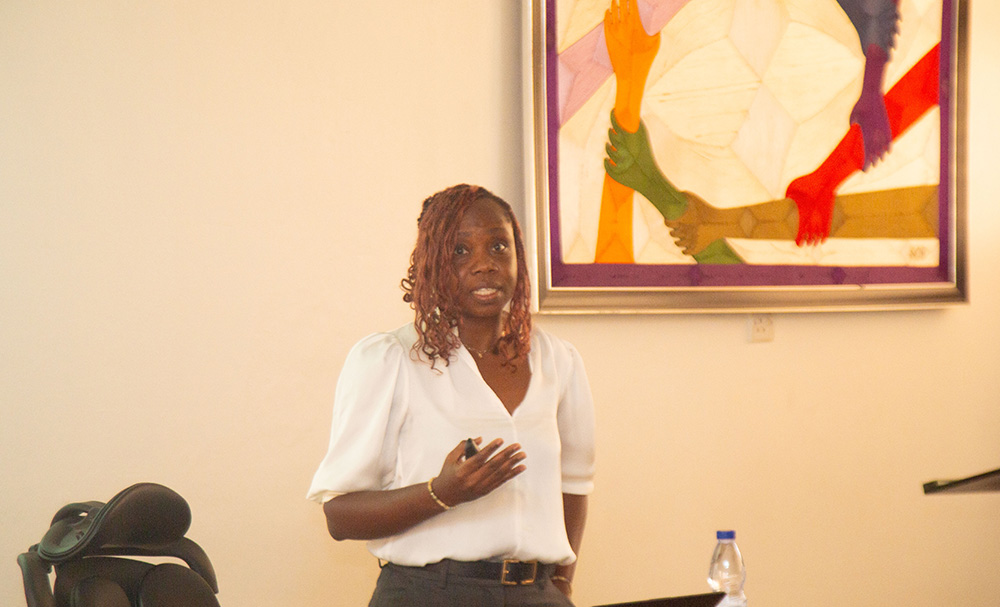
The topic of Time Management was presented by Dr. Kofi Boamah Mensah, who explained that time is a constant and cannot be stopped, slowed down, or accelerated. He highlighted that time management is essentially self-management and that students must learn to prioritize tasks effectively. He advised them to develop the discipline to say NO when necessary, delegate tasks when possible, and structure their schedules efficiently to balance academic and personal commitments.
In her session on Presentation Skills, Prof. (Mrs.)Mariam El Boakye-Gyasi provided valuable insights on how to effectively communicate research findings. She emphasized the importance of using visuals to make presentations more engaging, keeping presentations concise and well-structured, and knowing the audience to tailor delivery appropriately. She encouraged students to be confident in their work and master the content they present, as confidence plays a crucial role in delivering impactful presentations.
The orientation also featured a session on Problem-Based Learning (PBL), led by Prof. Isaac Ayensu, who introduced students to the PBL Model using the principles of the Three Cs and an S: Constructive Learning, Collaborative Learning, Contextual Learning, and Self-Directed Learning. He explained that postgraduate students must adopt an active, student-centered approach to learning, which enables them to think critically, solve problems efficiently, and apply knowledge in real-world contexts.
The programme included an interactive question-and-discussion session, where students had the opportunity to seek clarifications on various topics. Faculty members engaged with students on key issues such as research expectations, academic policies, and effective time management.
In his closing remarks, Prof. Samuel Asare Nkansah reiterated the faculty’s dedication to academic excellence and reminded students that success in postgraduate education requires a combination of skill development, perseverance, and professionalism. He encouraged them to embrace challenges as opportunities for growth and to maintain discipline in their academic journey. Dr. Yaw Duah Boakye then provided final announcements regarding research timelines, student support services, and upcoming academic activities. The event concluded with a closing prayer, after which students enjoyed a refreshment break.
The Faculty of Pharmacy and Pharmaceutical Sciences extends its gratitude to faculty members, guest speakers, and the planning committee for organizing a seamless orientation. The faculty also appreciates the active participation of the new postgraduate students and looks forward to supporting them throughout their academic journey.
